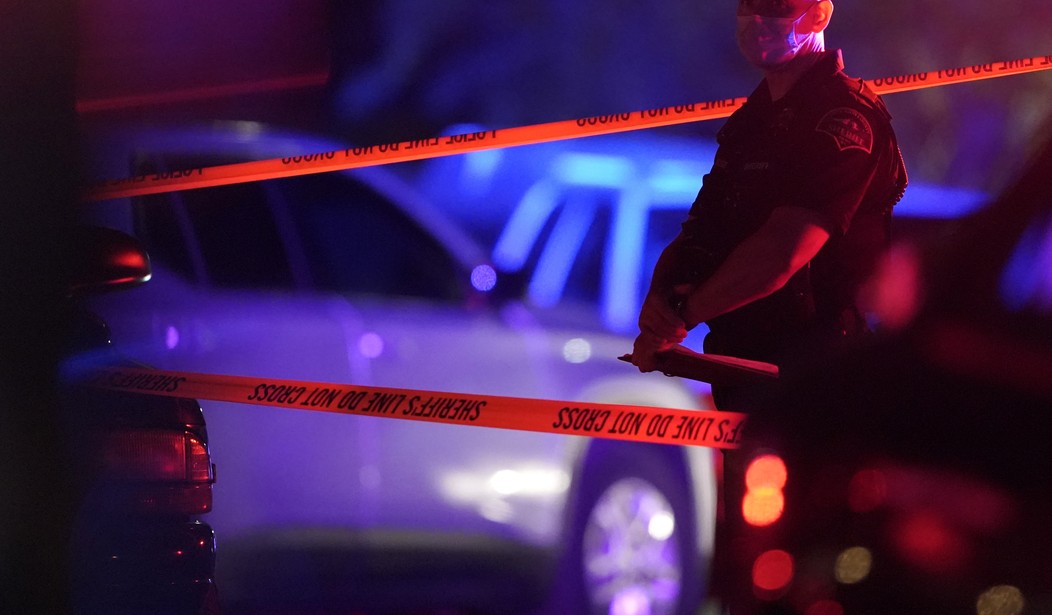Reports in several states in recent months have shown that crimes committed by juveniles are continuing to escalate. According to a report from the Washington Free Beacon, in Washington D.C., specifically, many of these crimes do not get taken seriously.
This week, new reports broke that one state is facing a major problem regarding juveniles committing serious crimes.
Juveniles in Minnesota are increasingly committing more “severe and brazen” crimes, including homicide, multiple outlets reported this week.
According to the Star Tribune, Hennepin County Sheriff Dawanna Witt said that “we are not talking about stealing candy bars from stores.”
“These are indicators that we’re in trouble,” Witt added. The most common crimes committed by juveniles in the county were “auto thefts, gun possession, assault and robbery.” In addition, “juveniles charged with homicide have more than doubled since 2021 compared with the three years prior.”
Recommended
Witt added that she believes that young people who are committing crimes need rehabilitation.
“Kids that are living in chaos, that are living in survival mode, how receptive are they going to be to any kind of rehabilitation?” Witt said. “We need these facilities. Bring the resources to them. It doesn’t have to be punitive.”
In an interview with the Star Tribune, Minnesota state Sen. Bobby Joe Champion said that “young people make boneheaded decisions.”
“A setback can also be an opportunity for a comeback. How do we identify solutions that bring them back into law abiding behavior?” Champion added.
Hennepin County Commissioner Jeffrey Lunde told the outlet that “we are getting this perspective from all over the state.”
Lunde’s co-chair on the county board, Al Godfrey, told the outlet that “the corrections system was never designed to be a mental health care facility for those kids, but they are ending up there.”
In an interview with Fox News, Lunde said that mental health treatment was one of the ways they try to stop juveniles from committing crimes.
"Youth are being held accountable for the crime that they caused, and we're trying to make sure that where accountability includes mental health treatment, that it's in a manner that is actually effective," Lunde said. "If we're effective on treating the mental health component, we may stop a person from continuing down the path of crime later in their life."
Earlier this year, Minnesota abolished life-without-parole sentences for juvenile offenders. Those who were previously sentenced life-without-parole will be reviewed, according to the Equal Justice Initiative.
























